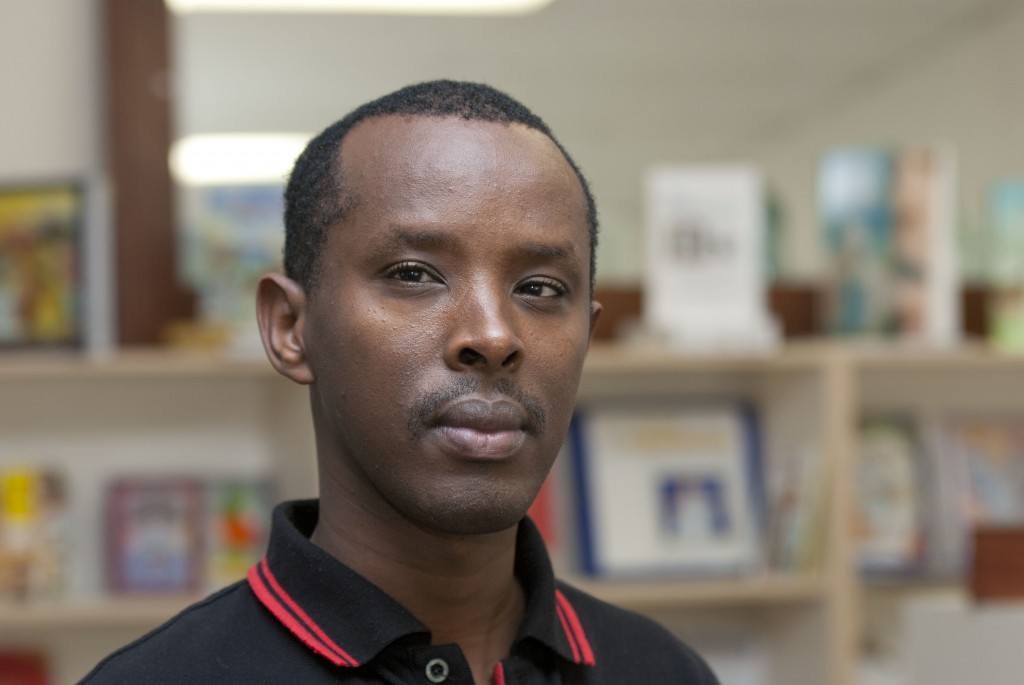
The government’s recent move to lock-down refugee family reunions was “irony indeed” given Australia’s recent appointment to the UN Security Council, a Perth academic and researcher said this week.
G M Joseph said recent changes to the Split Family Provisions meant even the wife and children of a man who had already been granted asylum in Australia would have to prove persecution, suppression or harassment to be accepted into the country.
The changes, which came into force on September 22, will also mean an increase in the likely waiting period for processing, from two to four years.
Given an existing backlog of cases dating back to 2010, people who have already waited two years will now have to wait another four.
Mr Joseph said the changes, which were recommended by the government’s Expert Panel on Asylum Seekers headed by Angus Houston, were a hypocritical violation of people’s human rights.
“We stress the importance of family in Australia so how can we do this to people who have already faced persecution. It is just creating more, psychological persecution,” Mr Joseph told The Record.
“Every person has the human right to live in a safe environment, to live with his family, to work, to be eligible for social benefits.
“I don’t agree [with these changes] at all.”
Australia spent more than $70 million attracting the support of other countries in its bid to gain a temporary seat on the United Nations Security Council, Mr Joseph said, which only highlighted, by contrast, the mean-spirited nature of the changes.
Prior to 2010, the program was working quite well, he said, with a two year period of processing, in part to establish that the applicants were actually biologically related to the existing refugee visa holder.
Earlier this year, The Record brought readers the story of Mussa Gatera, a survivor of the Rwandan Genocide who had successfully applied for refugee status in Australia (Mr Gatera was represented by Mr Joseph).
Mr Gatera’s nephew in South Africa is his only surviving family member in the wake of the 1994 genocide but the Australian government will not grant him a permanent visa on the grounds his life is not in danger.
Mr Joseph said Catholics and other Christians, in particular should be able to empathise with refugee families’ predicament.
“As Christians, we would like to have our family members with us, so why are we denying the other person the opportunity to have his or her family with them?”
Late last month, the government moved to enact another one of the expert panel’s recommendations, introducing legislation to excise the mainland from Australia’s migration zone, a move considered and rejected by the previous Howard Government.
The Australian Catholic Migrant and Refugee Office said it was “gravely concerned” by the proposal, which would restrict the appeal rights of any maritime arrivals to the mainland who sought asylum.
Late last month, Immigration minister Chris Bowen said the proposal would bring the rights of those who reached the mainland into line with those who arrived at already excised locations such as Christmas Island.
At the same time, he said, it would act as a disincentive to people thinking of using people smugglers, demonstrating that no special status was granted to people who arrived in Australia by boat.
“The changes ensure there is one rule for all boat arrivals,” Mr Bowen said.
“At the same time, we are committed to putting in place an orderly migration which says to vulnerable people that there is a safer way of getting to Australia.”